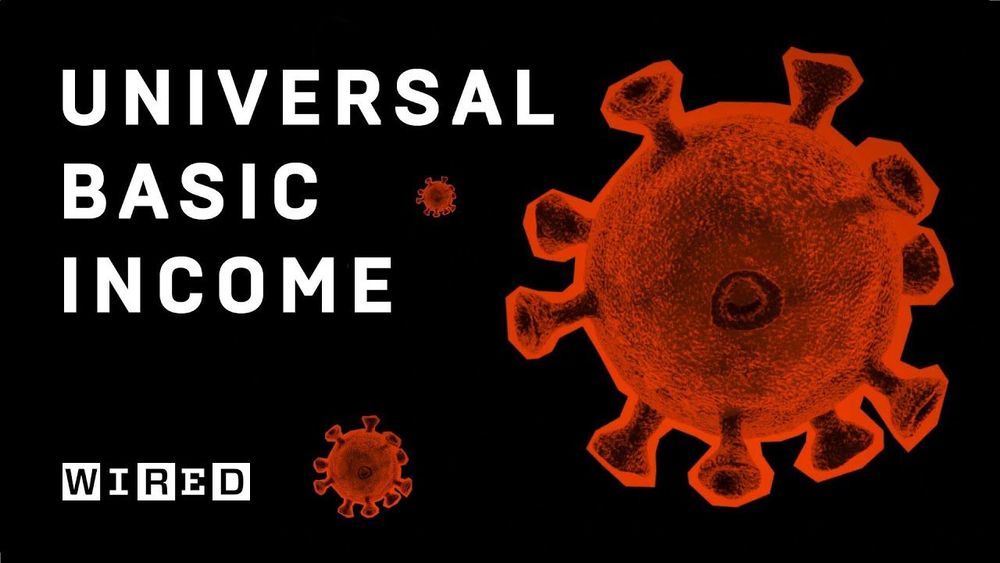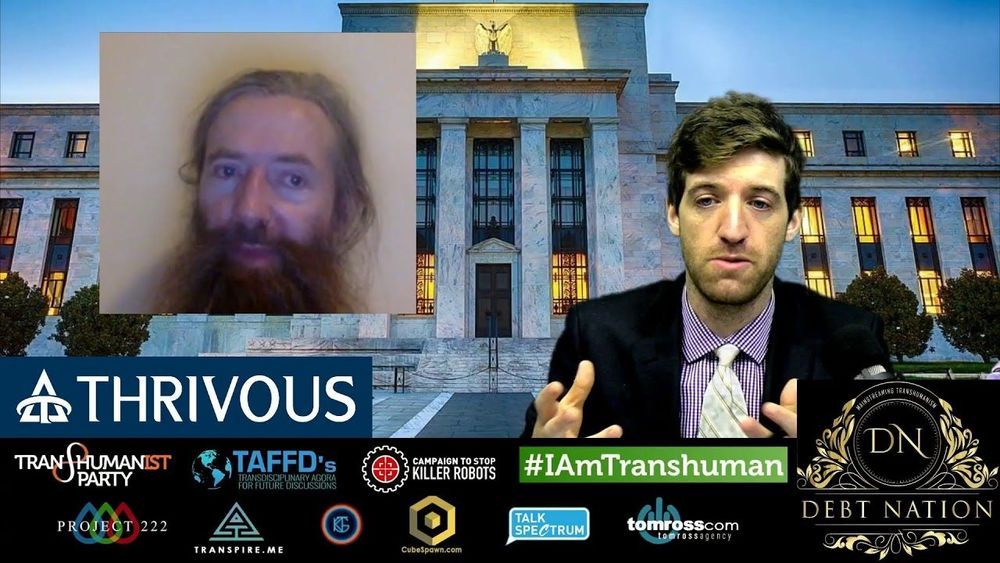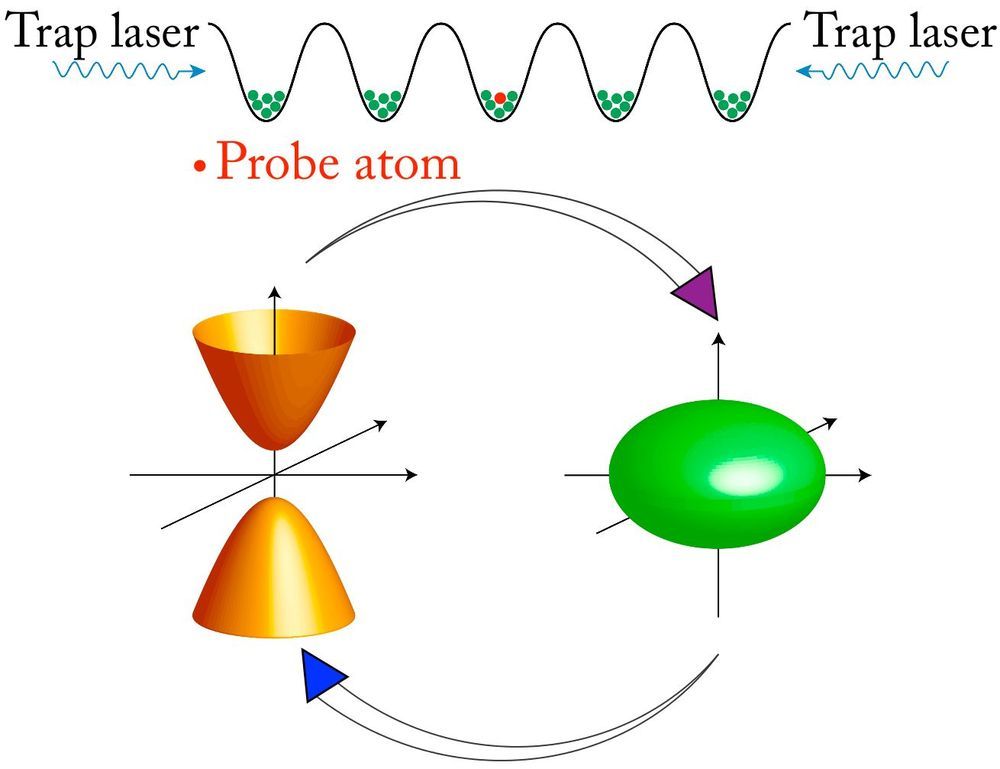Page 7700
Apr 2, 2020
These Coronavirus Exposures Might Be the Most Dangerous
Posted by Ian Hale in categories: biotech/medical, health
Li Wenliang, the doctor in China who raised early awareness of the new coronavirus, died of the virus in February at 34. His death was shocking not only because of his role in publicizing the developing epidemic but also — given that young people do not have a high risk of dying from Covid-19 — because of his age.
Is it possible that Dr. Li died because as a doctor who spent a lot of time around severely ill Covid-19 patients, he was infected with such a high dose? After all, though he was one of the first young health care workers to die after being exposed up close and frequently to the virus, he was unfortunately not the last.
The importance of viral dose is being overlooked in discussions of the coronavirus. As with any other poison, viruses are usually more dangerous in larger amounts. Small initial exposures tend to lead to mild or asymptomatic infections, while larger doses can be lethal.
Apr 2, 2020
Could Ethiopia provide the cure to the rampaging pandemic?
Posted by Omuterema Akhahenda in categories: biotech/medical, health
In a joint press statement, the Ministry of Health (MoH) and the Ministry of Innovation and Technology (MoIT) said: “a domestic treatment drug” is being developed by the traditional medicine experts of the country.
The two ministries said the drug was prepared by integrating indigenous traditional medical knowledge with modern science.
The Country says it is developing a cure for Covid-19.
Continue reading “Could Ethiopia provide the cure to the rampaging pandemic?” »
Apr 2, 2020
Toward ‘perfect’ quantum metamaterial: Study uses trapped atoms in an artificial crystal of light
Posted by Quinn Sena in categories: nanotechnology, particle physics, quantum physics
Circa 2016
Scientists have devised a way to build a “quantum metamaterial”—an engineered material with exotic properties not found in nature—using ultracold atoms trapped in an artificial crystal composed of light. The theoretical work represents a step toward manipulating atoms to transmit information, perform complex simulations or function as powerful sensors.
The research team, led by scientists at the Department of Energy’s Lawrence Berkeley National Laboratory (Berkeley Lab) and UC Berkeley, proposes the use of an accordion-like atomic framework, or “lattice” structure, made with laser light to trap atoms in regularly spaced nanoscale pockets. Such a light-based structure, which has patterned features that in some ways resemble those of a crystal, is essentially a “perfect” structure—free of the typical defects found in natural materials.
Apr 2, 2020
Coronavirus in the U.S.: Latest Map and Case Count
Posted by Quinn Sena in category: biotech/medical
A detailed county map shows the extent of the coronavirus outbreak, with tables of the number of cases by county.
Apr 2, 2020
Biotech Pioneer Amgen Joins Hunt for Coronavirus Drug
Posted by Genevieve Klien in category: biotech/medical
Big biotech company Amgen Inc. is joining the race to discover new drugs that can treat the novel coronavirus, the latest drugmaker redirecting resources toward the pandemic.
Amgen, which is partnering with Adaptive Biotechnologies Corp. in the effort, is an unlikely hunter of antiviral treatments. The company, a pioneer of biotechnology, is best known for its drugs for cancer, with other products targeting high cholesterol, kidney disease and migraines.
Apr 2, 2020
Coronavirus and the Case for Universal Basic Income | WIRED UK
Posted by Kelvin Dafiaghor in categories: biotech/medical, economics

What is Universal Basic Income (UBI) and how could it help us deal with the coronavirus outbreak? What if… we gave people free money?
The idea of a basic income is that everybody would receive a modest amount paid each week or each month without conditions, paid equally to every man and every woman with a smaller amount to pay for every child.
Continue reading “Coronavirus and the Case for Universal Basic Income | WIRED UK” »
Apr 2, 2020
Real-Life Laser Rifle: Army Goal
Posted by Quinn Sena in categories: business, energy, military
The Army is looking at its Plasma Acoustic Shield System as a checkpoint defender, for now. But the original idea – and the long-term goal of the project – is to have it be the first baby step towards a portable, lethal laser weapon.
 The effort, by the U.S. Army’s Advanced Energy Armaments Systems Division and Stellar Photonics, has a lot in common with another military laser project: the Pulsed Energy Projectile being developed by Mission Systems for the Marines. But there are three key differences. The current PEP is a big (450 lb) chemical laser with a limited number of shots, whereas PASS is a small solid-state laser that just needs electricity. The PEP creates plasma by vaporising the outer layer surface it hits (such as your shirt), whereas PASS can create plasma in mid-air by focusing to a point. And PEP fires a single pulse, whereas PASS uses a double pulse which Stellar claim is far more efficient at creating a shockwave.
The effort, by the U.S. Army’s Advanced Energy Armaments Systems Division and Stellar Photonics, has a lot in common with another military laser project: the Pulsed Energy Projectile being developed by Mission Systems for the Marines. But there are three key differences. The current PEP is a big (450 lb) chemical laser with a limited number of shots, whereas PASS is a small solid-state laser that just needs electricity. The PEP creates plasma by vaporising the outer layer surface it hits (such as your shirt), whereas PASS can create plasma in mid-air by focusing to a point. And PEP fires a single pulse, whereas PASS uses a double pulse which Stellar claim is far more efficient at creating a shockwave.
You can get some idea from the Small Business Initiative Proposal the company submitted in ‘04 for a “Man-portable Integrated Laser Assault Rifle”:
:ooooo.
China’s military and paramilitary forces have been employing lasers with increasing frequency since at least 2018.
By Patrick M. Cronin and Ryan D. Neuhard for The Diplomat.

















